Business and doctors’ leaders have criticised the government’s decision to stop free lateral flow tests in April.
The prime minister, Boris Johnson, announced the decision in his “living with Covid” statement to parliament on Monday (21).
He told MPs that all Covid restrictions would end in England on Thursday (24) and free mass testing would cease on 1 April.
The British Medical Association (BMA) said the plan failed to protect the most vulnerable to the virus.
“The BMA has persistently said the decision to bring forward the removal of all protective measures while cases, deaths and the number of people seriously ill remain so high is premature,” said chair, Dr Chaand Nagpaul.
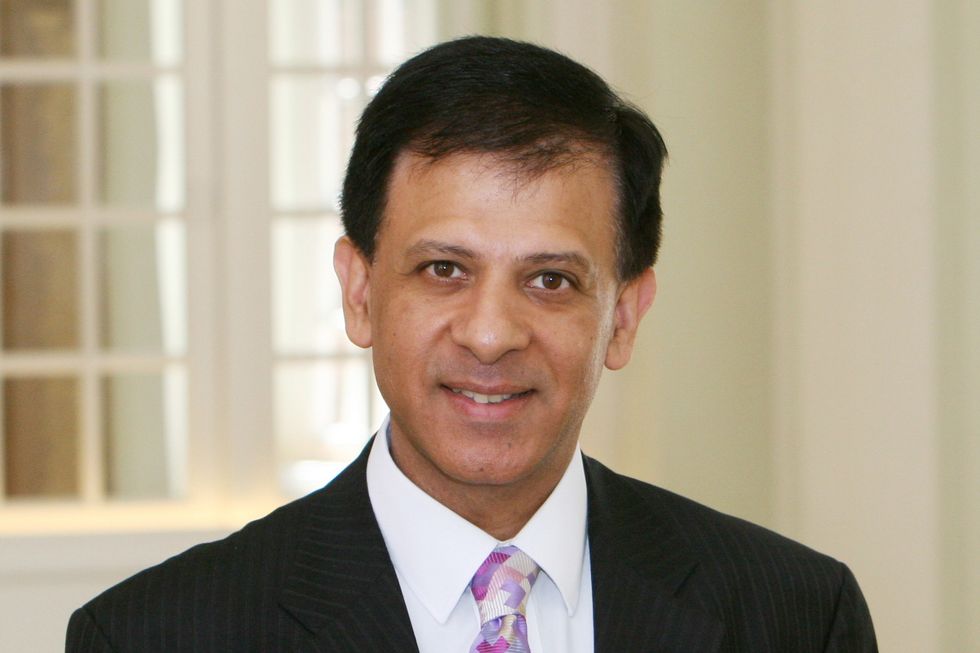
“Living with Covid-19 must not mean ignoring the virus altogether, which in many respects the government’s plan in England seems to do.
“On the one hand the government says it will keep monitoring the spread of the virus and asks individuals to take greater responsibility for their own decisions.
“But by removing free testing for the vast majority of the population on the other, ministers are taking away the central tool to allow both of these to happen.
“Far from giving people more freedom, today’s announcement is likely to cause more uncertainty and anxiety.
“Crucially, it will create a two-tier system, where those who can afford to pay for testing, and indeed to self-isolate, will do so, while others will be forced to gamble on the health of themselves and others.”
“Pound foolish”
The Confederation of British Industries (CBI), which represents company bosses, urged the government not to force people to pay for lateral flow tests.
“In the bigger picture, it would be pennywise and pound foolish to withdraw free lateral flow tests at this stage,” the president of the CBI and founder of Cobra Beers, Lord Bilimoria, told Eastern Eye.
“We feel that we're heading in the right direction, this is hopefully the last mile where we are putting the pandemic behind us all around the world.
“They [the government] said the cost of testing in January was £2 billion, that of course includes the PCR testing.
“So, we're saying if you want to withdraw the PCR testing, well, that's one thing.
“But make lateral flow testing, which is the one that's convenient, the one that's cheap and affordable, have that available on a voluntary basis.”
The peer said the CBI did not expect free tests to continue indefinitely, but now was not the time to scrap it.
Lifting restrictions
The changes mean that from 24 February:
- those with Covid no longer have to self-isolate
- routine contact tracing will end. This means those who have been fully vaccinated close contacts, and those who are under-18, will not be legally required to test daily for seven days
- people on low incomes who test positive for Covid will no longer be given a £500 self-isolation support payment
- increased statutory sick pay for those with Covid will apply for a further month
In April, only the most vulnerable will be given free tests, and we will have to exercise “personal responsibility” when deciding whether to stay at home if we contract Covid.
The prime minister told the Commons, “Restrictions take a heavy toll on our economy, our society, our mental wellbeing, and the life chances of our children, and we do not need to pay that cost any longer.
“We have the antivirals, the treatments, and the scientific understanding of this virus, and we have the capabilities to respond rapidly to any resurgence or new variant.
“It is time that we got our confidence back. We do not need laws to compel people to be considerate to others.
“So let us learn to live with this virus and continue protecting ourselves without restricting our freedoms.”
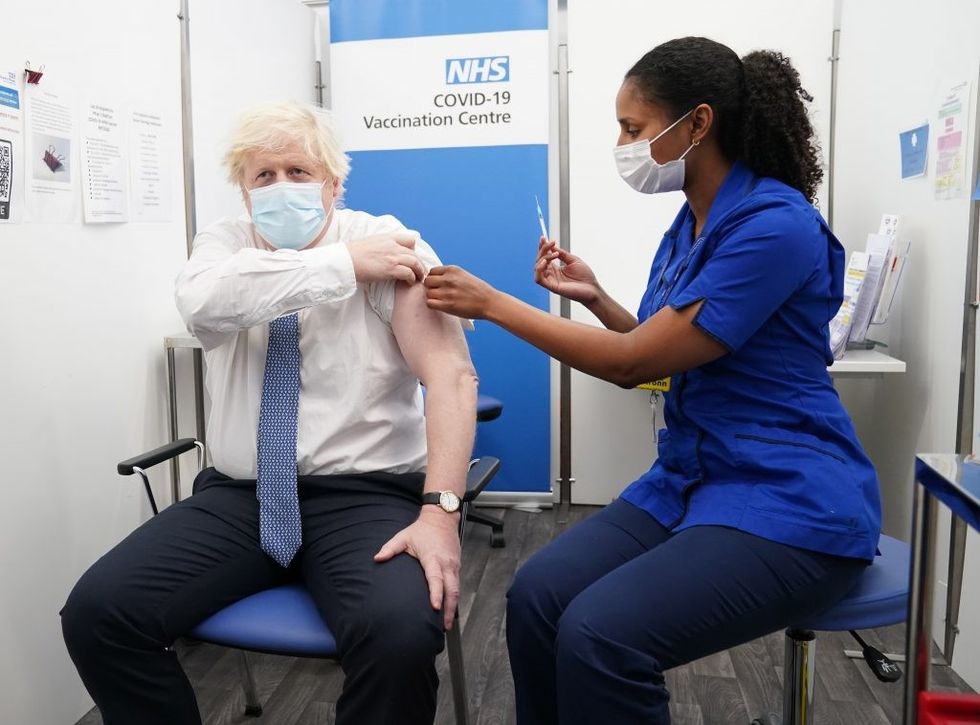
Johnson also told MPs that the UK had almost five million antiviral therapeutic doses to use on the most vulnerable in society.
The CBI said employers may have to pick up the cost of the lateral flow test.
“Many employers will say, if you have Covid symptoms, we'd expect you to take a test,” Bilimoria told Eastern Eye.
“Some employers will be able to afford when the free testing is withdrawn, to be able to provide those tests to their employees, and then if they're positive, they will say, please isolate until you get positive or for five days.
“That might be something employers themselves will want their employees to do. This will be down to each employer.”
Difficult choices
But he agreed with the BMA that self-employed workers would face difficult choices, so the government had to step in for the time being.
“If you got all these antivirals, how are you going to use the antivirals?
“You're going to use them to find out somebody's got Covid. And you know how you find that if somebody's got symptoms, they're going to test to see if they've got Covid.
“Now, if tests are not freely available, that person has got to go and buy those.
“Everybody should have the ability to test and have access, not just vulnerable people, to the antivirals.”
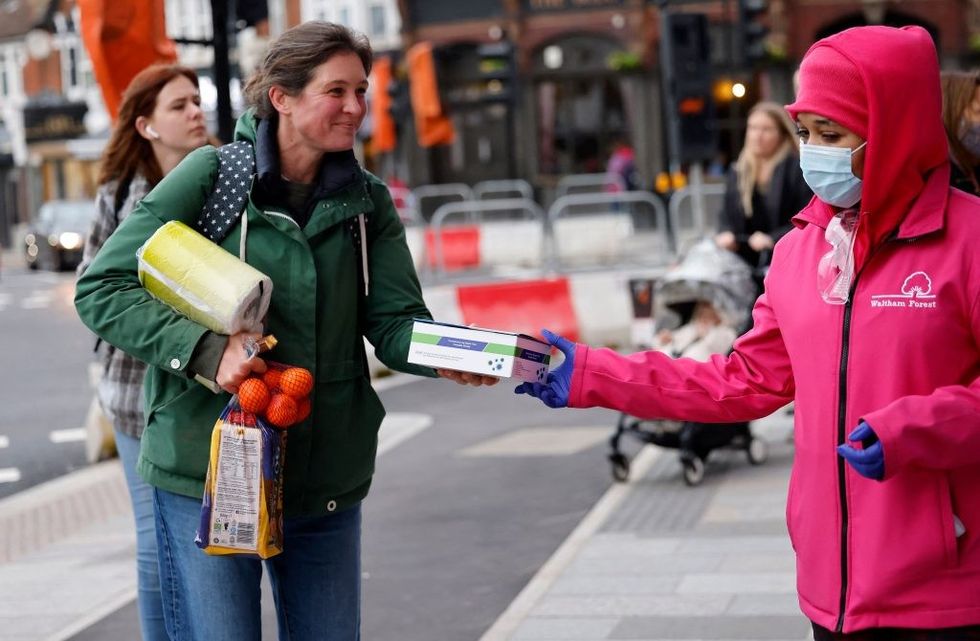
The government’s plan was attacked by Labour MP and shadow business and consumer minister, Seema Malhotra, because the prime minister did not say whether frontline NHS staff or care homes would continue to be protected.
“The prime minister has come to the House unable to state whether carers in our communities, visiting home after home in one day, often the homes of older people and the clinically extremely vulnerable, will still have access to free tests to keep themselves and their patients and clients safe,” she said.
“He said that testing for NHS staff will be a matter for the NHS.
“Surely, he can do better than that. The NHS and carers need to plan ahead. Will he come clean with the House about his intentions?”
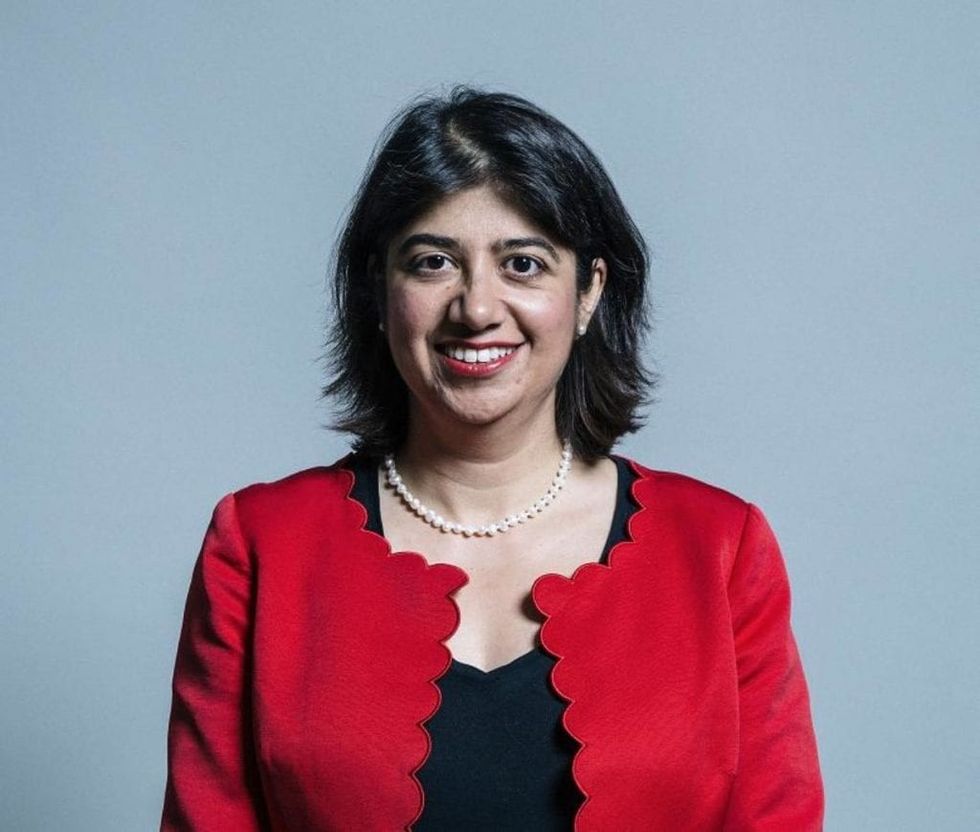
The BMA chair, Dr Chaand Nagpaul, described the decision to scrap free tests as “completely illogical”.
He said, “There must also be urgent clarity around testing provision for NHS workers.
“People visit hospitals and surgeries to get better, and not to be exposed to deadly viruses, and the continuation of testing for healthcare workers is invaluable in protecting both staff and patients.
“That plans are underway for a new booster programme is sensible, but we must not, as we have continued to state, rely solely on vaccination to protect the nation.”
He warned that the country would be living with the virus for the foreseeable future.
“The necessity for further boosters underlines that Covid-19 will continue to present a challenge for healthcare services and wider society for potentially many years to come.
“And while the prime minister talks about Omicron resulting in a mild illness for most, others will still become very unwell with Covid-19, and an estimated more than one million people continue to live with long-Covid, themselves needing ongoing care.”
Long Covid
That concern over long Covid was echoed by Labour MP, Dr Rupa Huq, when she asked the prime minister a question during the debate.
“The prime minister justifies this crowd-pleaser for his own MPs by warning us about damage to the economy,” she said during the living with Covid debate.
“The Office for National Statistics says that 1.3 million of our fellow citizens are suffering from the debilitating condition of long covid, which has rendered 396,000 people economically inactive.
“It causes dysfunctionality and ages people by 10 years.
“What is the Prime Minister doing to advance research and treatment into this condition? How does today’s exercise help those people?”
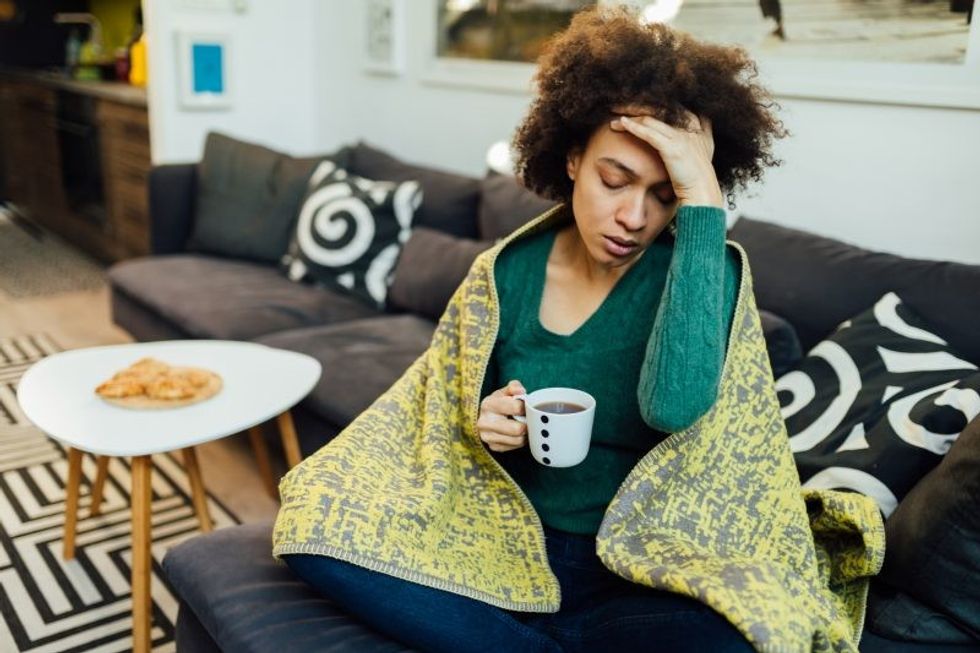
The PM said his government had invested £224 million in NHS treatment of long covid, and it was putting another £50 million into researching it.
Analysis
The chair of the BMA, Dr Chaand Nagpaul, told Eastern Eye he was concerned about the “disproportionate impact” these latest measures would have on south Asian communities.
“I’ve seen first-hand the devastatingly disproportionate impact that Covid-19 has had on people from ethnic minority backgrounds and am very worried about the effect that the policies will have on these groups.
“This includes people living in multi-generational households where older relatives will be put at further risk when younger people who cannot access testing will not know if they’ve got the virus, as well as those who live in overcrowded housing.
“We know people from ethnic minority backgrounds are overrepresented among both of these groups.
“For low-income ethnic minority families, private testing is likely to be unaffordable, leaving them unable to protect themselves and loved ones.
“Similarly, for self-employed or zero-hours workers such as taxi drivers, security workers, shopkeepers and delivery drivers, the lack of financial support for self-isolation is likely to worryingly lead to them having to choose between staying at home or putting food on the table.”
Analysis by Eastern Eye suggests that about 92 per cent of south Asians have had their first Covid dose, while 83 per cent have had their second, and only 52 per cent, or just over half, have had their third vaccination, meaning they are fully protected.
The calculations are based on NHS England figures and believing that there are about 3.5 million south Asians aged 18 or above.
The percentages may be lower if the figures now include children aged between 12 and 18.
Comments:
Although the government has announced the date of when Covid-19 regulations end, it really does not mean the virus will also stop being in the population at large on this stated date.
I have been discussing within our family that we should continue to wear masks and to be mindful when others may not be wearing a mask, although it has not been mandated to wear the mask.
I have also encouraged them to test themselves if they are feeling unwell.
Professionals who are in close contacts with loads of people or just been close to someone physically should really continue to be vigilant and probably wear the masks to protect their clients and themselves.
A lot of people lost their lives because of the Covid-19 pandemic.
Worse still, a lot of those in care homes or receiving care in their own homes may have long-term effects.
Cllr Nancy Jirira
Fortune Green Ward - Camden

















 Damian Talbot
Damian Talbot
 Nirmala Sitharaman speaks at the India-UK Investor Roundtable in London last Wednesday (9). On the panel were India’s department of economic affairs secretary Ajay Seth and Kotak Mahindra Bank founder Uday Kotak
Nirmala Sitharaman speaks at the India-UK Investor Roundtable in London last Wednesday (9). On the panel were India’s department of economic affairs secretary Ajay Seth and Kotak Mahindra Bank founder Uday Kotak Sitharaman with Sir Keir Starmer and Rachel Reeves
Sitharaman with Sir Keir Starmer and Rachel Reeves Sitharaman with Jonathan Reynolds
Sitharaman with Jonathan Reynolds  Sitharaman with Reynolds, Alastair King, India’s high commissioner Vikram Doraiswami and other delegates
Sitharaman with Reynolds, Alastair King, India’s high commissioner Vikram Doraiswami and other delegates
